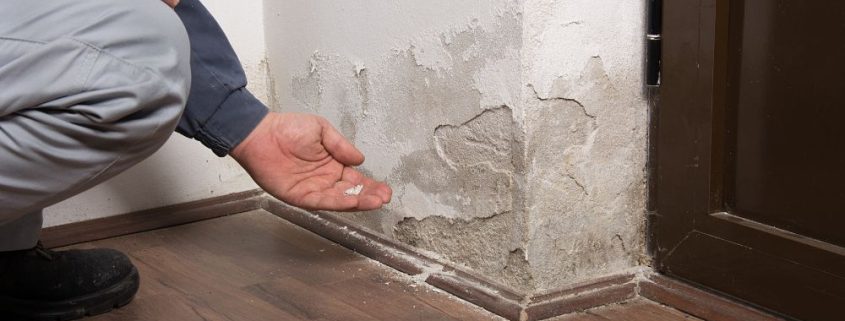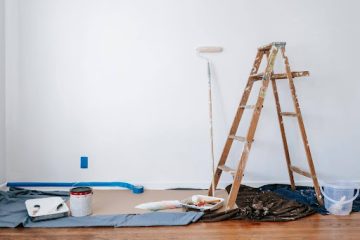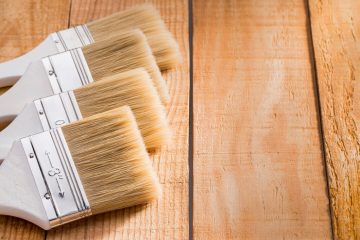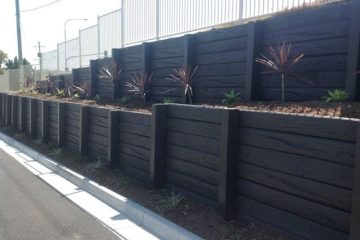It is a very common and expensive problem, both for businesses and homeowners. Water damage can cause significant structural damage, mould growth, as well as financial loss if it is not treated promptly. Understanding common causes and knowing what to do about them will help you minimize damage and protect your property. This article will provide solutions to the common causes of water damage.
- Pipes That Have Burst Or Leaked
Pipes that burst or leak might result in water damage. Pipes can be leaking due to ageing, corrosion freezing temperatures or excessive pressure. Burst water pipes can cause serious flooding and water damage.
Addressing It:
- Proper Insulation: Insulate pipes, in particular those located in unheated locations, to avoid freezing during winter.
- Regulation of Water Pressure: Keep your water pressure within the recommended range to avoid stressing pipes.
- Immediate Remedy: In the event of a leak, you should call a plumber as soon as possible. You should turn off your main water supply and get in touch with an emergency service provider if you have broken pipes.
- Roof Leaks
Roof leaks can also cause water damage. These leaks may be the result of damaged shingles, gutters or flashing as well as from improper installation or normal wear and tear.
Addressing It:
- Regular maintenance: Check your roof periodically for missing, damaged or aging shingles. Repair them promptly.
- Clean Downspouts: Be sure to keep downspouts and gutters clean and free from debris. This will prevent water buildup.
- Proper Roof Installation: Hire professional roofers to install and repair your roof properly. This will ensure that it lasts and is effective.
- Seasonal Roof Inspections: Check your roof both before and after extreme weather conditions in order to identify potential issues.
- Clogged Drainage
If you have a clogged drain in your bathroom, sink, or shower, water can back up, causing water damage.
Addressing It:
- Avoid blocking: Never dispose of hair or grease in drains.
- Regular Cleaning: Keep drains free of clogs by cleaning them regularly with a mixture made from vinegar and baking powder.
- Professional cleaning: If you have clogged drains that are stubborn, call a plumber who is experienced to remove the clogs and avoid further problems.
- Install Screens. Use screen drains to capture hair and other debris.
- Faulty Electrical Appliances
Appliances like washing machines, water heaters, and dishwashers can malfunction causing damage to the water. Leaks are often caused by faulty hoses, incorrect installation, or faulty seals.
Addressing It:
- Regular maintenance: Follow all manufacturer’s instructions on appliance maintenance.
- Inspecting Hoses & Seals: Regularly examine hoses & seals to check for wear. Replace them when necessary.
- Proper Setup: Check that professionals set up appliances correctly.
- Leak Detectors: Install detectors near appliances so you are alerted to any leaks.
- Sewer Backups
Sewer backups could cause your home to be flooded with contaminated water, causing extensive damage and posing health risks. Backups are usually caused by clogged sewer pipes, tree root growth, or heavy rains.
Addressing It:
- Avoid Flushing Non-Flushable: Do Not flush items such as wipes, diapers, or feminine products down the toilet.
- Tree roots management: If there are trees near the sewer line, you should consider performing regular root inspections.
- Install a Backwater Valve: A valve that allows water to drain but not flow back in can prevent sewer back-ups.
- Professional Inspect: Have the sewer lines of your home inspected by a qualified professional on a regular basis to identify and correct any issues.
- Natural Disasters
These events can lead to widespread damage from water. These events are capable of destroying drainage systems and causing extensive property damage.
Addressing It:
- Purchase Flood Insurance: Especially if you are living in a risky area, it is advisable to purchase flood insurance.
- Elevate Utilities Raise electrical panels, appliances, & HVAC systems above flood level.
- Proper Drainage: Use proper grading to divert water away from your foundation.
- Be prepared for disasters: Make sure you have a plan in place and that you know how to shut down the utilities.
Conclusion
Damage from water may be disastrous to your property. But by understanding its common causes and taking proactive action, you can prevent it and deal with it efficiently. Regular maintenance, correct installation, and timely repair are essential to reducing the risk of water damage.
Acting quickly is essential if you’ve experienced water damage. Contacting water damage restoration in Spokane professionals can help ensure the damage is properly assessed and repaired, preventing other issues like structural damage or mold growth. Stay proactive to keep your property safe, dry, and healthy.




